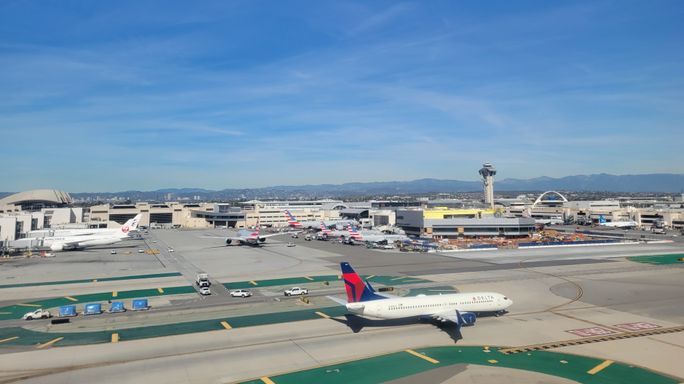


Phocuswright, a leader in global travel market research, has published its latest report—30 Data-Driven Insights to Identify Emerging Trends and Seize New Opportunities—shedding new light on how travelers are operating today and likely into tomorrow and beyond.
Here are some of the biggest takeaways from this winter’s study.
Phocuswright projects that global gross bookings are expected to increase from $1.6 trillion in 2024 to $1.72 trillion in 2025. Based on this estimate, online bookings will advance more rapidly, with annual gains from 8-12 percent.
More specifically, online gross bookings are estimated to reach $1 trillion in 2024 and climb to $1.2 trillion by 2026.
By 2026, it’s expected that roughly two-thirds (65 percent) of global travel gross bookings will be made online.
Globally in 2024, more than three in every four dollars spent online on air ticket purchases were transacted directly on an airline website or app, according to Phocuswright.
As airfares decline amid rising capacity, overall airline revenue growth is projected to slow to 10 percent in 2024 and drop to single-digit growth in subsequent years, the research shows.

A Delta Air Lines plane at LAX Airport. (Photo Credit: Nate Hovee/Adobe)
Hotel gross bookings exceeded $570 billion in 2024, with North America accounting for nearly four-tenths of the market at a whopping 38 percent.
Global online gross bookings for hotels are projected to account for 55 percent of the market in 2024 and increase to 58 percent by 2026, based on Phocuswright’s research.
Phocuswright’s profile of the average U.S. traveler finds that their average trip length is nearly a week at 6.7 nights.
What’s more, this individual is about 48 years old with an average household income of $85,601.
The average American traveler has also taken roughly 3.2 trips in the past year.

Traveler with USA flag. (Photo Credit: kegfire / Adobe Stock)
When it comes to planning their getaway, the most relied-upon resources for inspiration continue to be recommendations from friends and family (58 percent), followed by general search (51 percent) and OTAs (41 percent).
Higher-spending travelers tend to use a wider array of resources, with general search holding the most sway in destination selection, according to Phocuswright.
The overall rate of usage of Generative AI or GenAI for leisure travel among the traveling population is 18 percent heading into 2025, meaning nearly one in five are using this tech.
About two-thirds or 65 percent of travelers who used GenAI did so to find ideas on where to go and 41-50 percent used it to get ideas about things to do on their trip and actively compare and make travel choices.
This trend is only likely to boom in the coming weeks as 50 percent of travelers expect to utilize GenAI for leisure travel in the next 12 months.
For the latest travel news, updates and deals, subscribe to the daily TravelPulse newsletter.